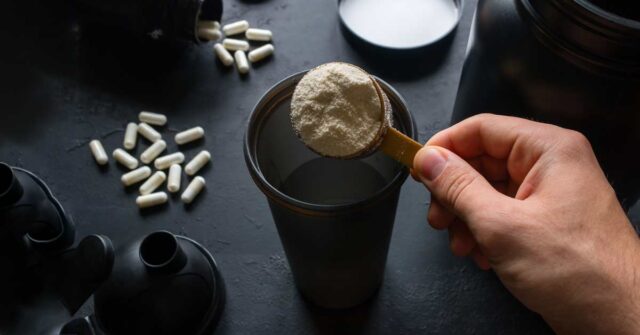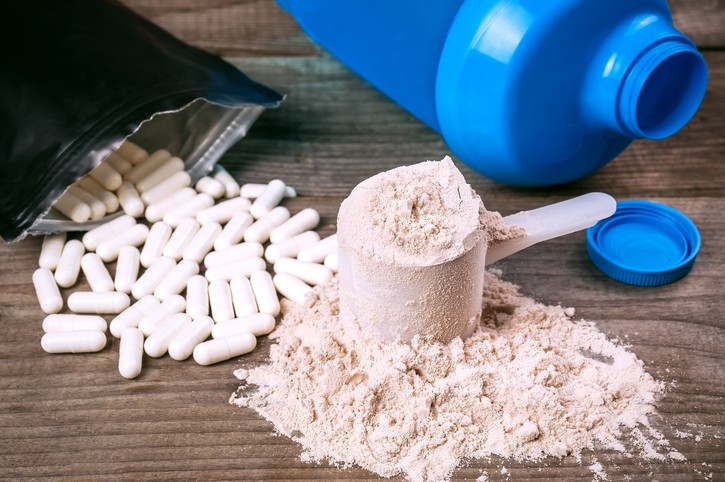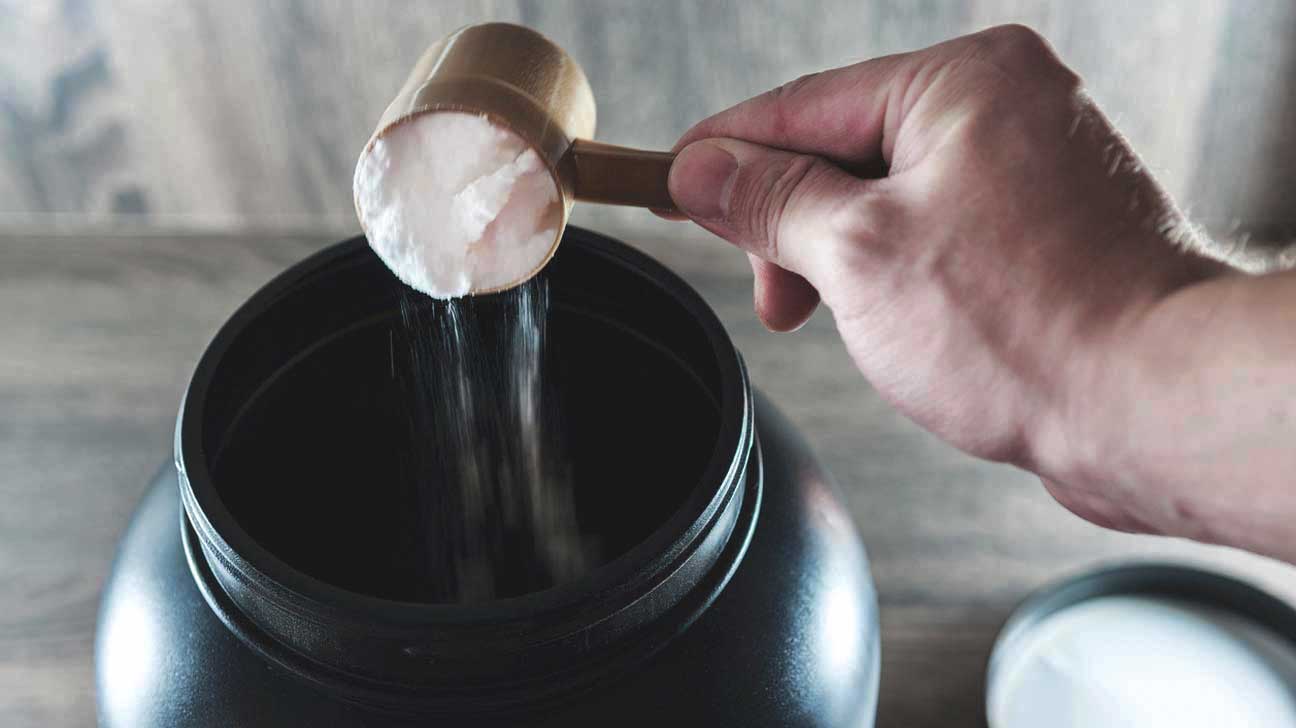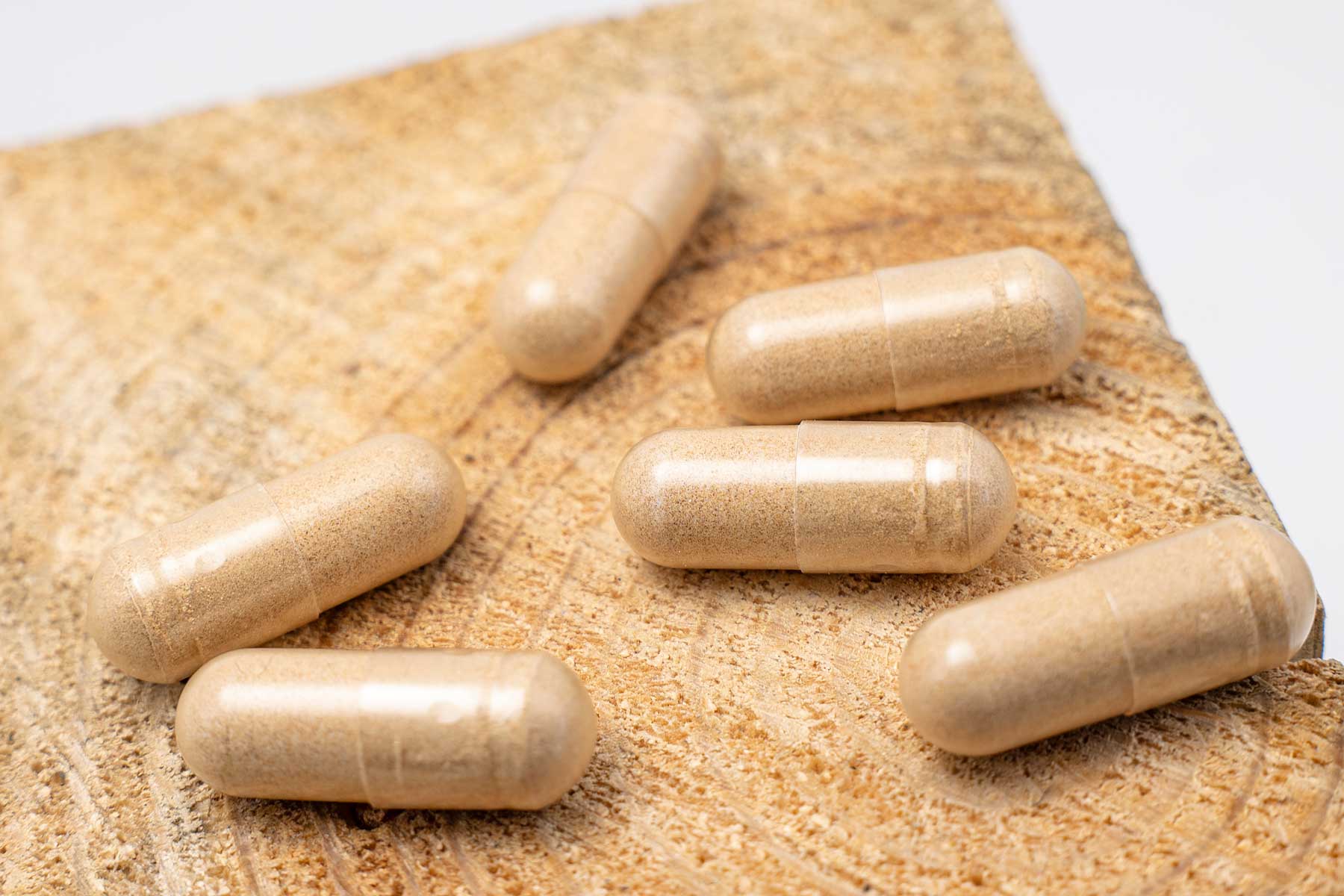
We all are aware that diabetics significantly impact the lives of millions worldwide. The relationship between diabetes and the physical activity of a sportsperson is quite challenging. The reason why we call it challenging is because exercise is beneficial for managing blood sugar levels and fluctuations in sugar levels can even limit the person’s capacity to perform.
Proper nutrition is essential for diabetic persons to do daily life work, and this importance increases even more when they participate in sports. If you are dealing with diabetes and participating in sports, you not only require supplements for nutrition but also need to maintain a healthy blood sugar level.
Importance of Balanced Nutrition for Diabetic Patients

If you are diabetic, then achiving a balance in macronutrients, proteins, vitamins, and minerals is essential to maintain stable blood sugar levels. Moreover, this balance will support your overall health.
A balanced diet that is rich in a variety of nutrient-filled foods ensures that you receive all the required benefits and also lowers the risk of excessive sugar and unhealthy fats. Doing all this will regulate your blood sugar levels and will also help in weight management.
5 Best Sports Supplements for Diabetic Patients

Following is a list of supplements that are helpful for you if you regularly participate in sports and are dealing with diabetes.
Protein Powders
Protein powders are one of the best sports supplements for individuals with diabetes. They offer a convenient and effective way to meet your nutritional needs. Following is a list of benefits you get by incorporating protein powders into your diet:
- Protein is essential for muscle build-up and growth. Diabetic individuals like anyone else who engages in physical activities can take advantage of them.
- Regular exercise, especially during strength training, contributes to muscle breakdown in the body. Thus, when you intake protein in your diet or in the form of powder, it aids in the repair and growth of muscles.
- Protein does not affect blood sugar levels as compared to carbohydrates. With this minimal to no effect on sugar levels, experts from Torokhtiy suggest that you can consume protein supplements without any guilt.
- Protein powders offer a convenient and portable option for people with busy lifestyles. You can easily mix them with water, milk, or other beverages and can use them as a post-workout replacement.
- Protein options come in various options. For example, you can even find plant-based powders that easily align with the dietary needs and preferences of diabetics.
Creatine is a popular sports supplement that is known for its potential benefits in enhancing muscle performance. While creatine is widely used among athletes, individuals with diabetes can also use it. Following is a list of benefits you can expect after using creatine:
- Creatine significantly enhances strength and muscle power during short and high-intensity exercises.
- Studies also suggest that creatine may have a positive impact on glucose metabolism when you combine it with training.
- Creatine helps in muscle mass preservation which results from excessive sports and training sessions.
- It also helps in minimizing fatigue and enhances a fast recovery after a long training session.
Despite all these benefits, you must know that individual responses to creatine vary from person to person.
Glutamine

Glutamine is a building block of proteins, and your body is capable of producing enough of it in normal situations. However, when under stress or in intense physical activities, it is best that you intake glutamine from outside.
It plays a crucial role in various physiological functions within the body and is beneficial for diabetic patients engaged in sports. You can expect the following benefits:
- Diabetes can take a toll on the immune system of the body and it makes individuals more susceptible to infections. Glutamine in this scenario helps boost your immune system.
- Glutamine helps in muscle recovery and reduces muscle soreness.
Vitamin D is a crucial nutrient for overall health and is significantly important for individuals with diabetes. It is essential for calcium absorption and promotes bone health and strength. Vitamin D also aids the body’s immune system. Additionally, it contributes to muscle function and helps reduce the risk of muscle weakness and falls during physical activity.
Vitamin D also has anti-inflammatory properties that assist in managing inflammation in the muscles. Moreover, improving vitamin D levels in the body also enhances insulin sensitivity, which is essential for people with diabetes.
Magnesium

Magnesium is a beneficial sports supplement for individuals with diabetes due to its physiological benefits and positive effect on glucose metabolism. Following are some of the reasons why magnesium is one of the best sports supplements for diabetic patients:
- Magnesium is essential for proper muscle functioning and energy metabolism.
- Adequate magnesium levels also enhance insulin sensitivity in diabetic patients.
- Magnesium also supports better cardiovascular health by maintaining normal blood pressure.
- Diabetes management can be stressful for the person and can affect blood sugar levels. Magnesium is linked with stress reduction and relaxation which directly promote a better emotional state.
These are a few magnesium benefits for diabetes; however, you must know that it is ideal that you consult a dietician before incorporating magnesium into your diet.
Conclusion
Exploring sports supplements for individuals with diabetes is quite essential for better athletic performance and overall well-being. There are multiple supplements that aid in better sports requirements and improve the body’s insulin sensitivity.
Thus, when you understand the relationship between nutrition, supplements, and diabetic needs, you can embark on a better approach to health.
We always suggest that you consult a healthcare professional before incorporating supplements into your daily diet. Have a safe and happy sports journey!












